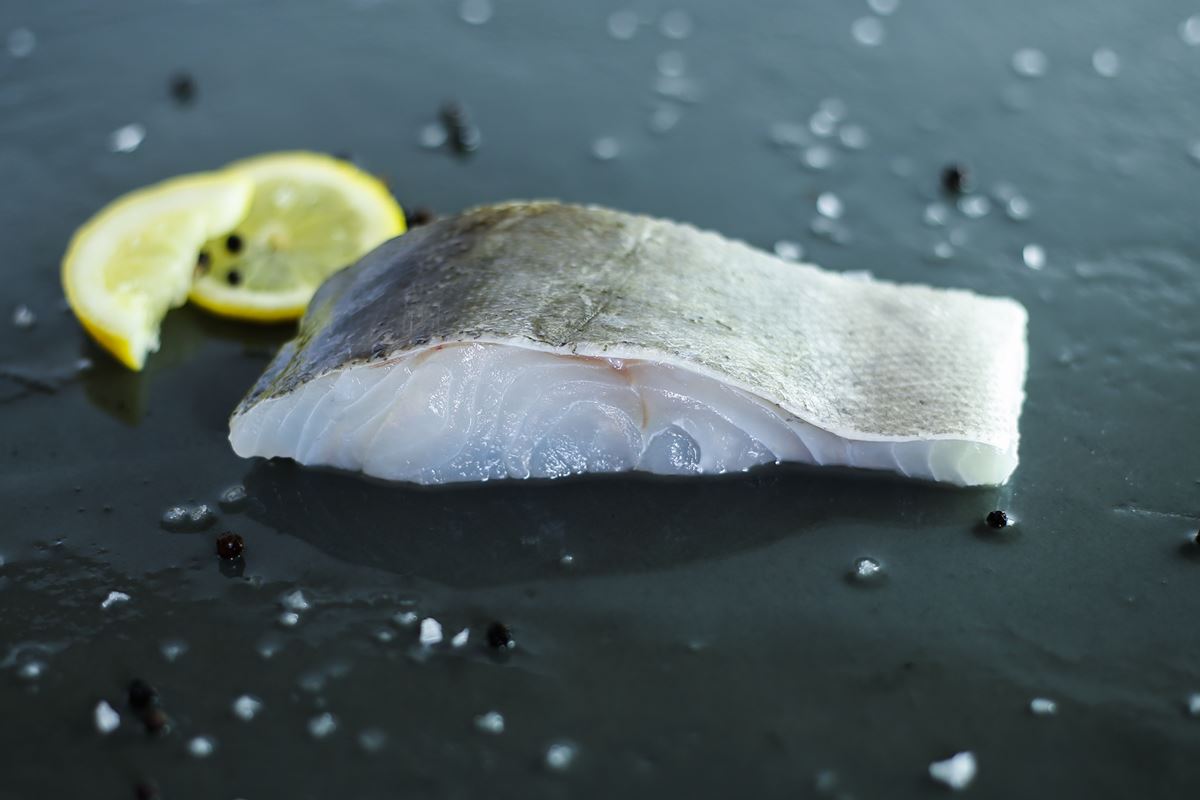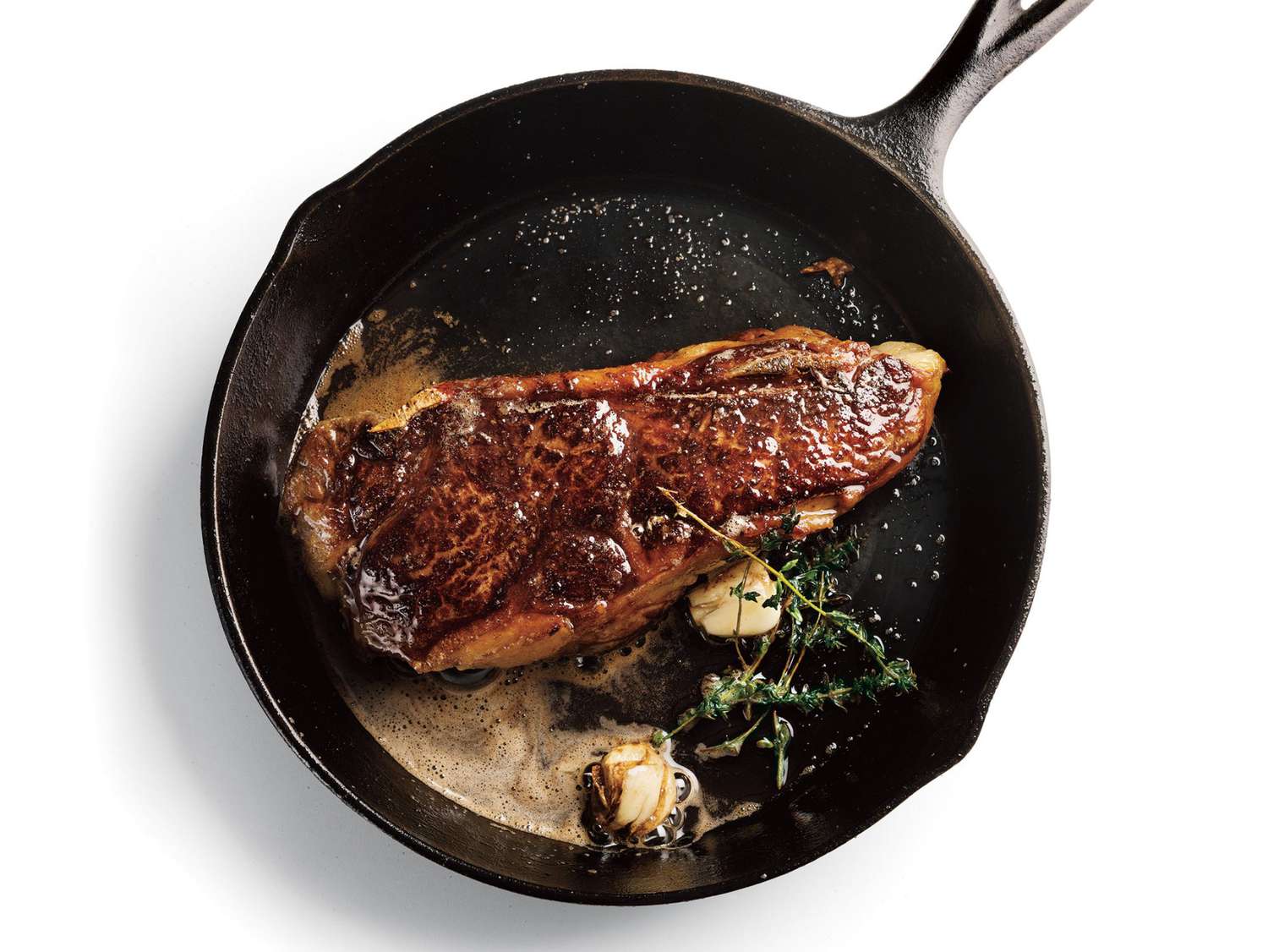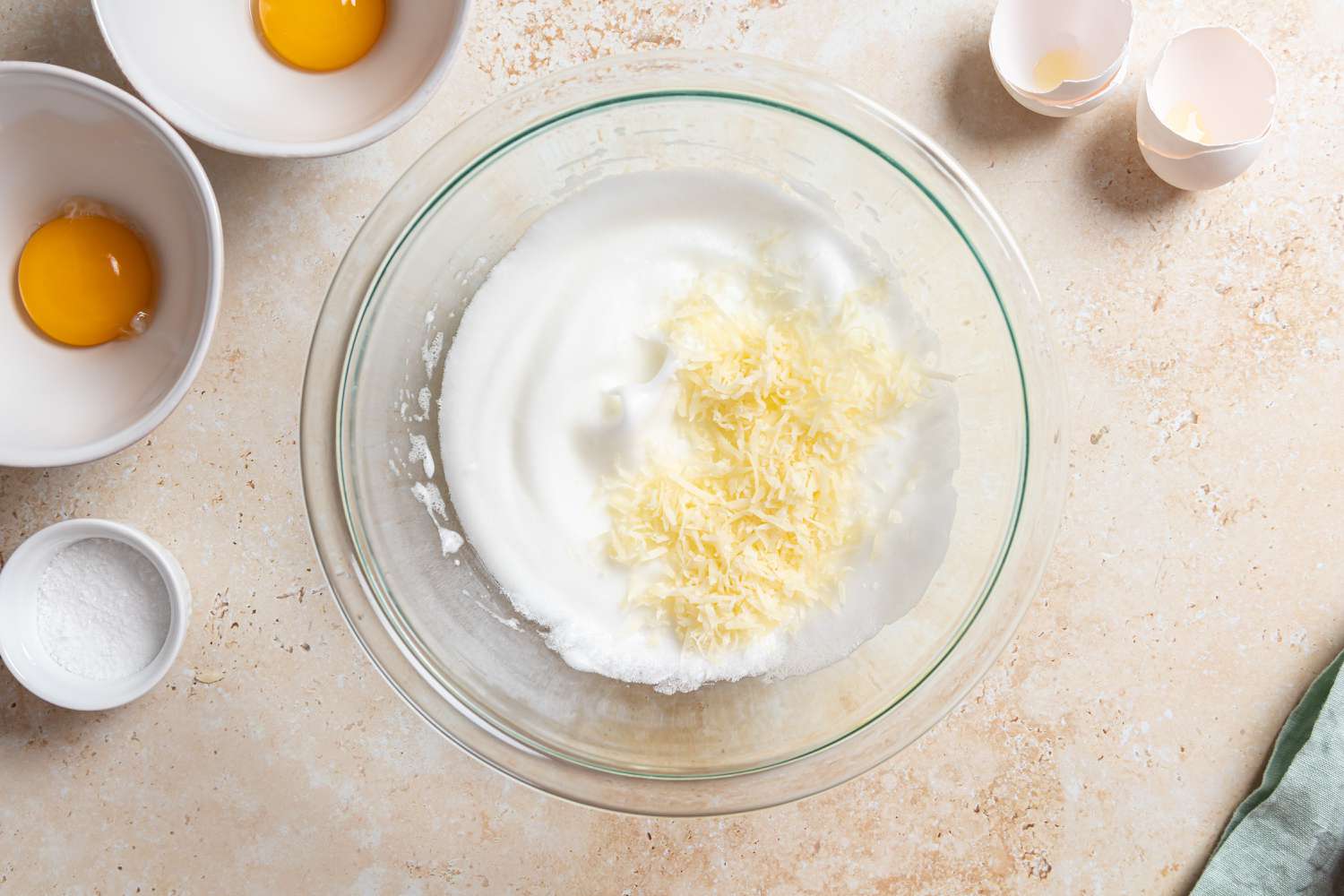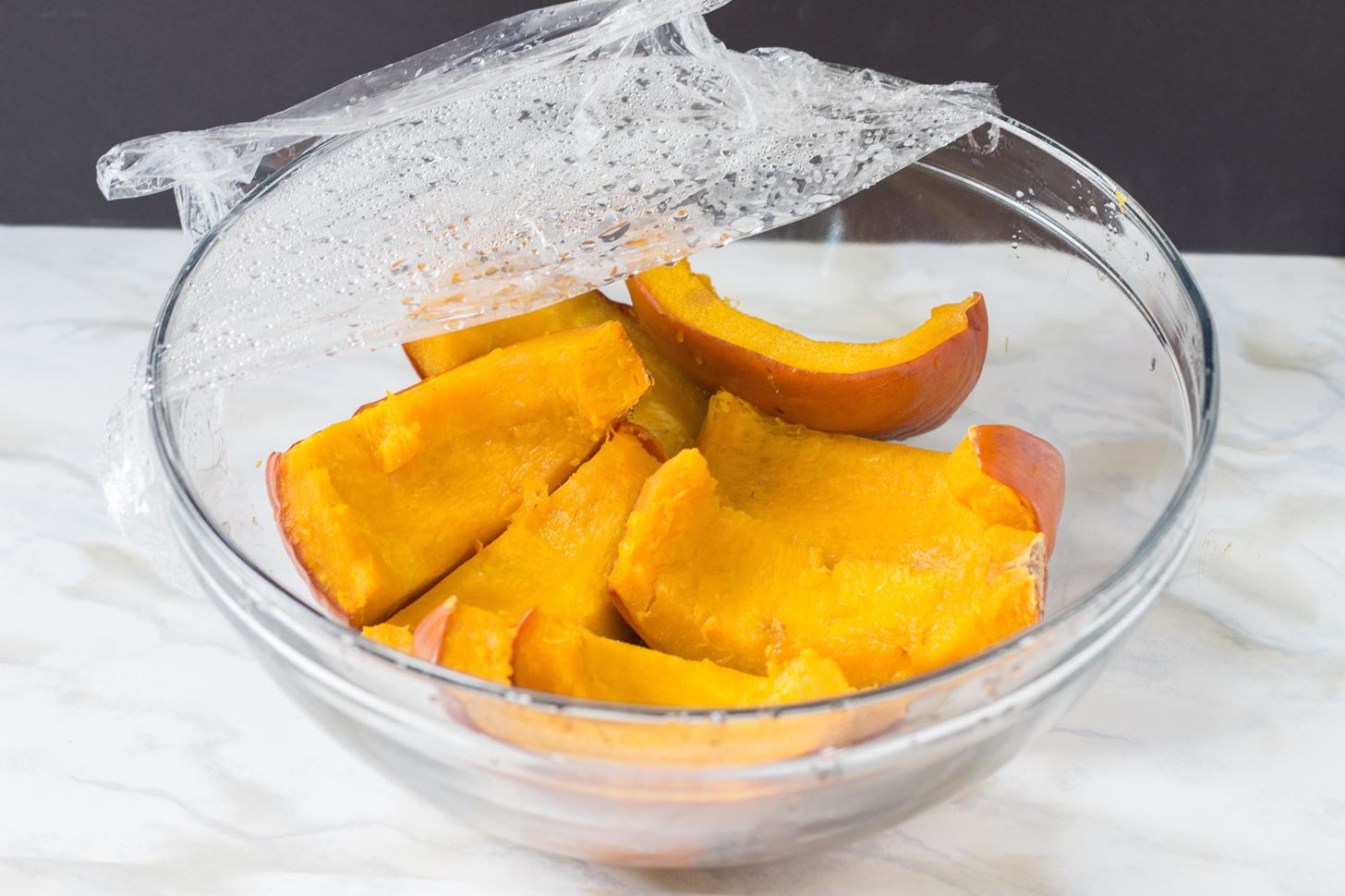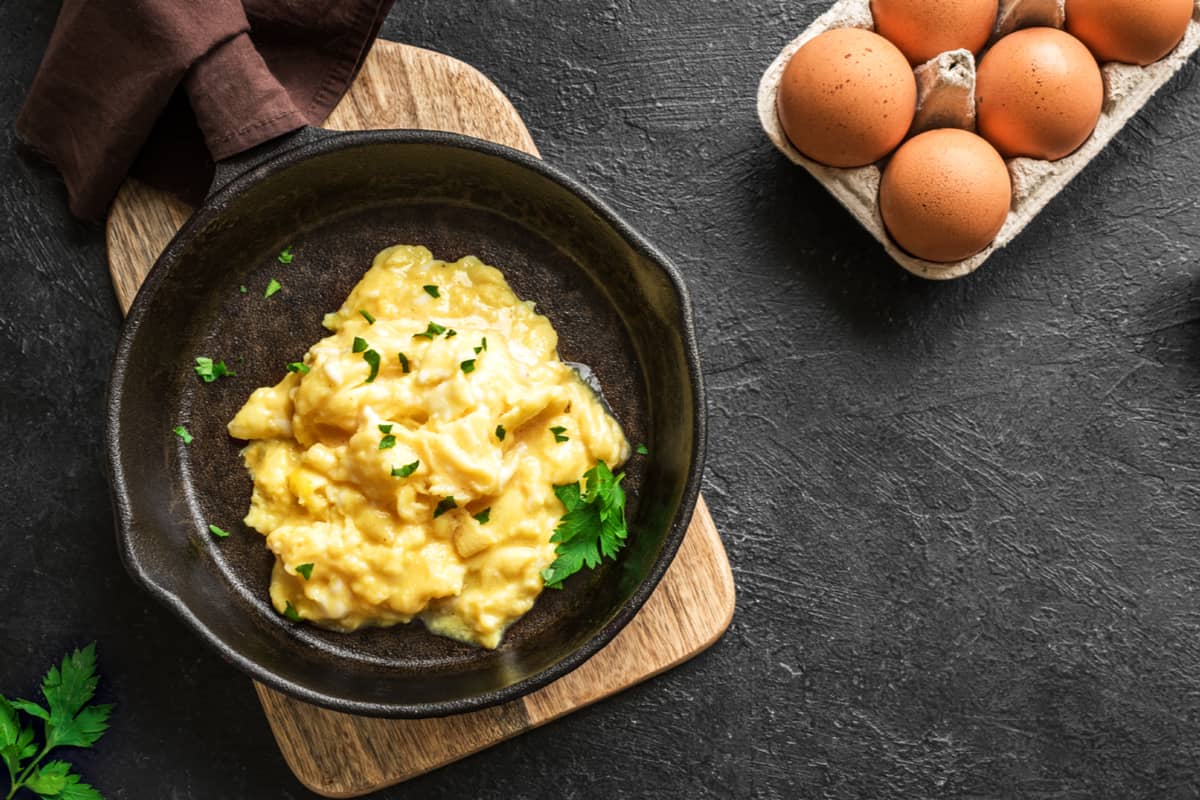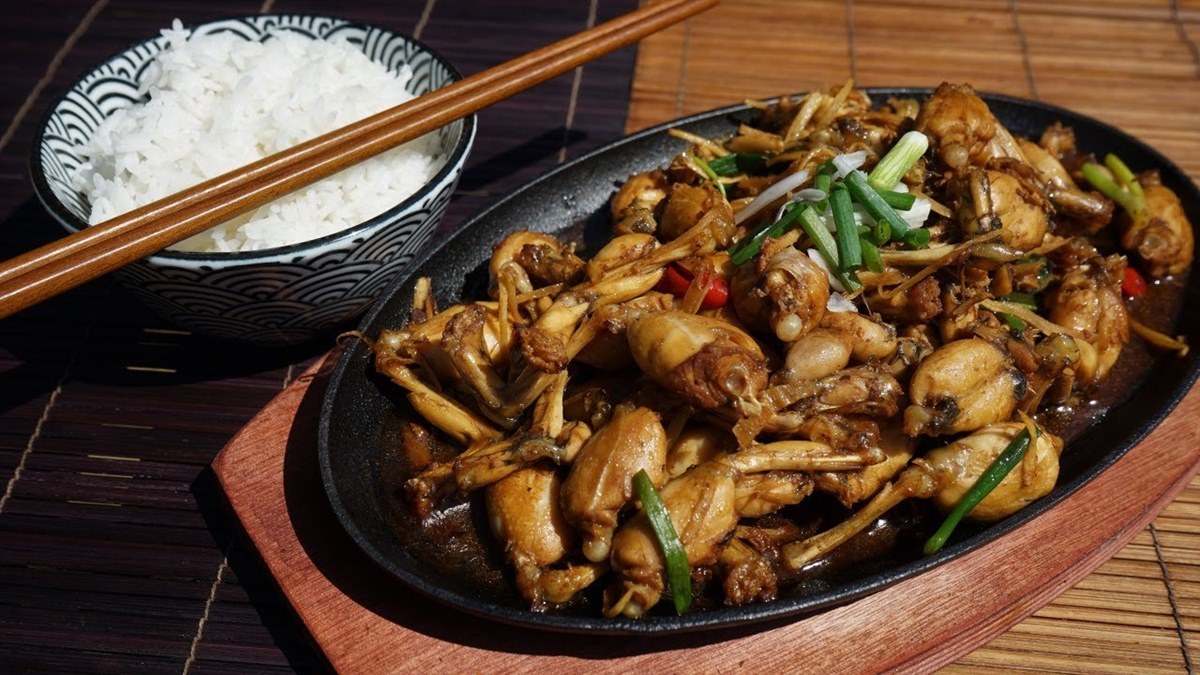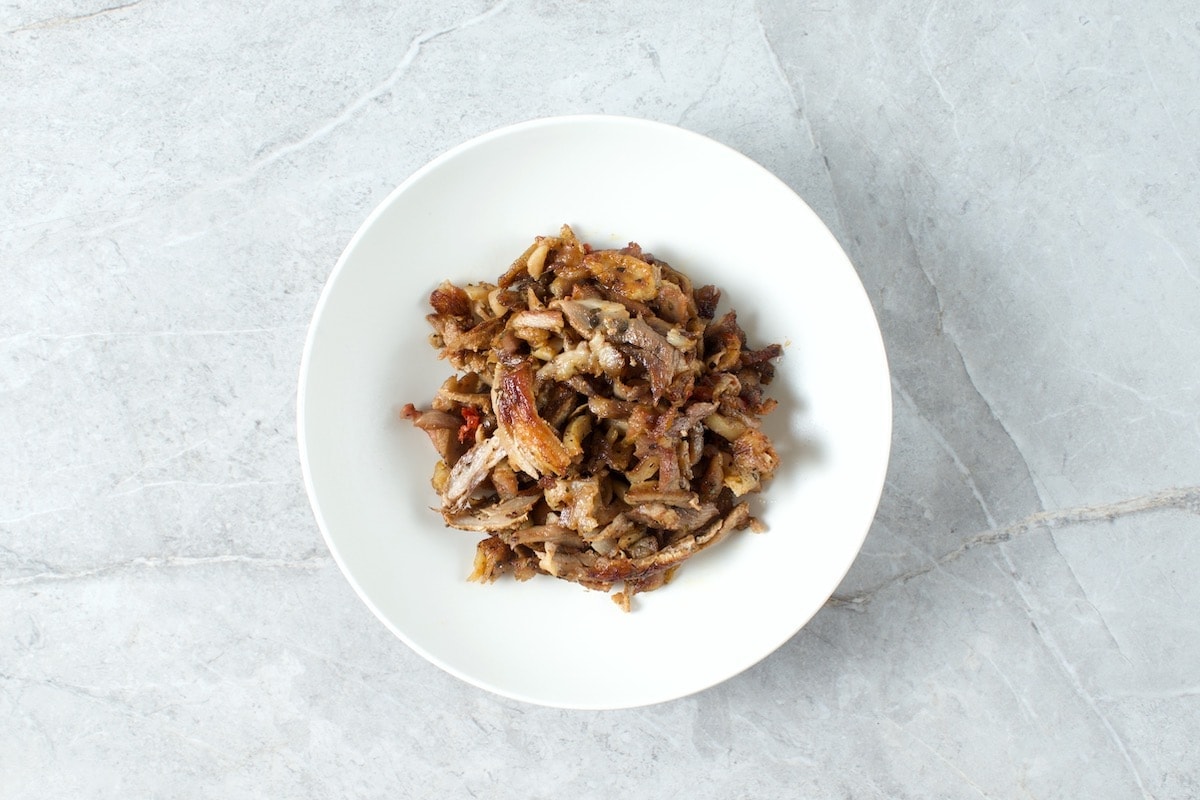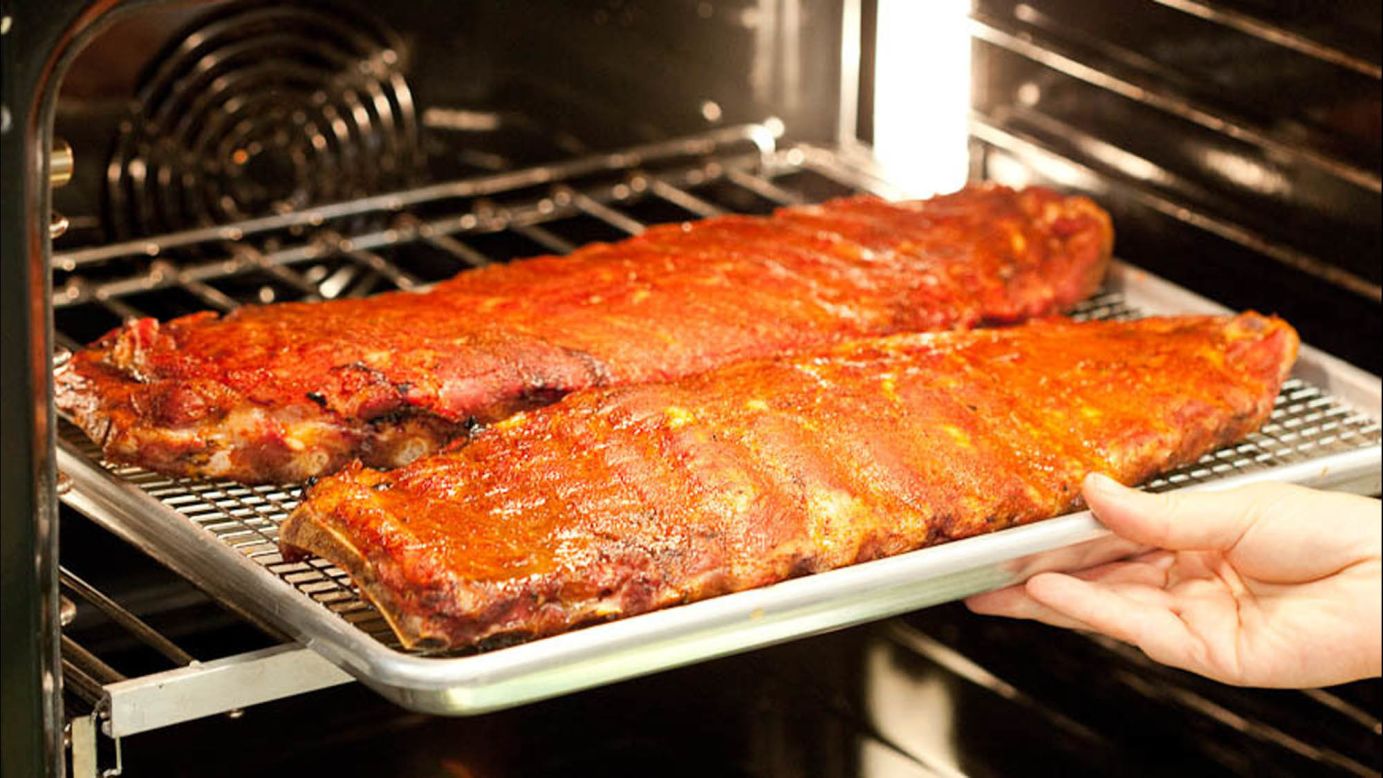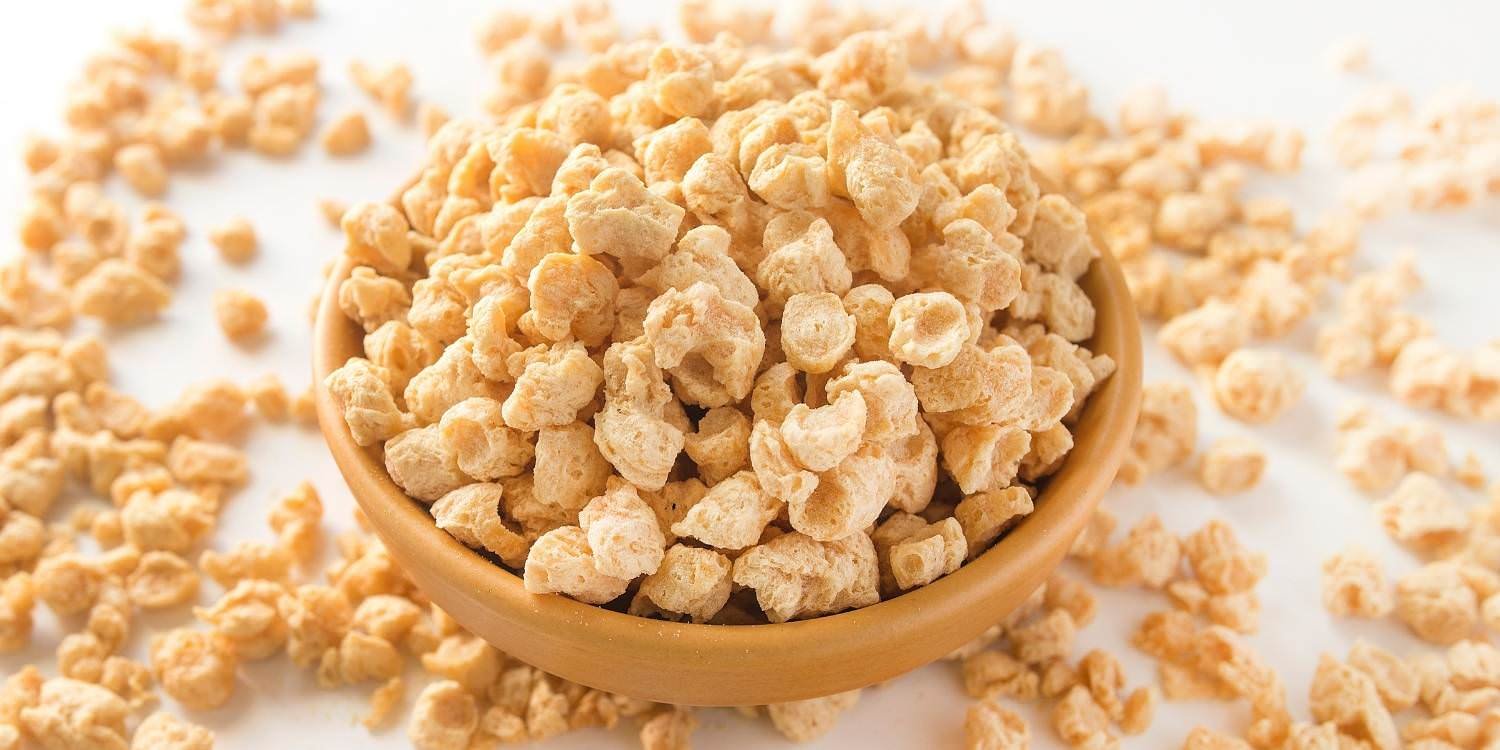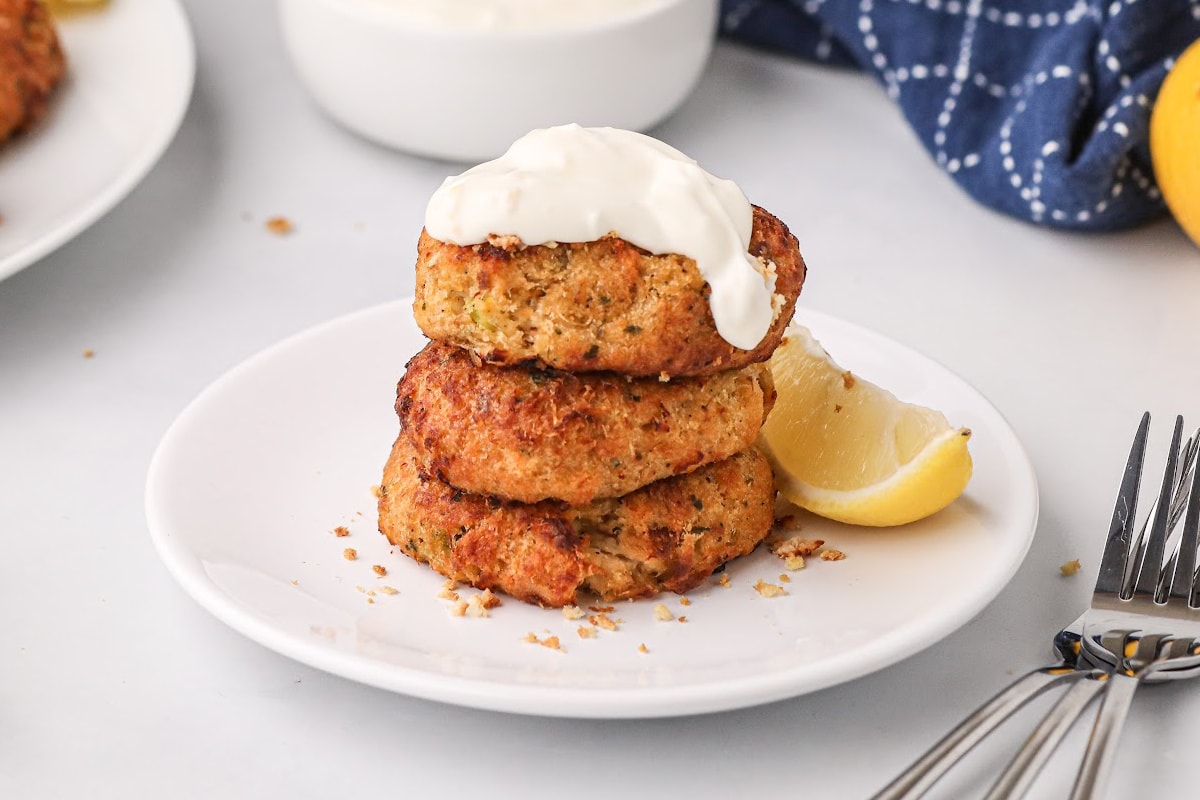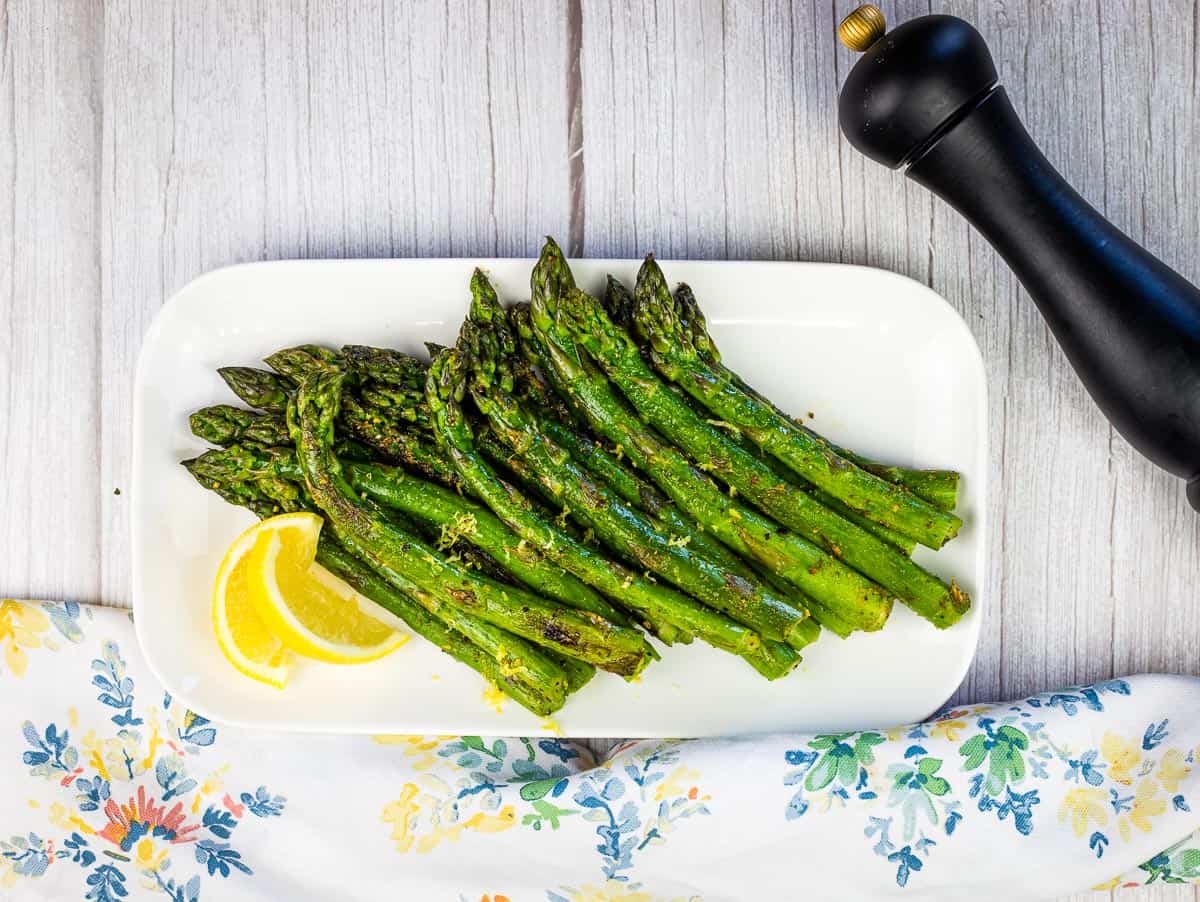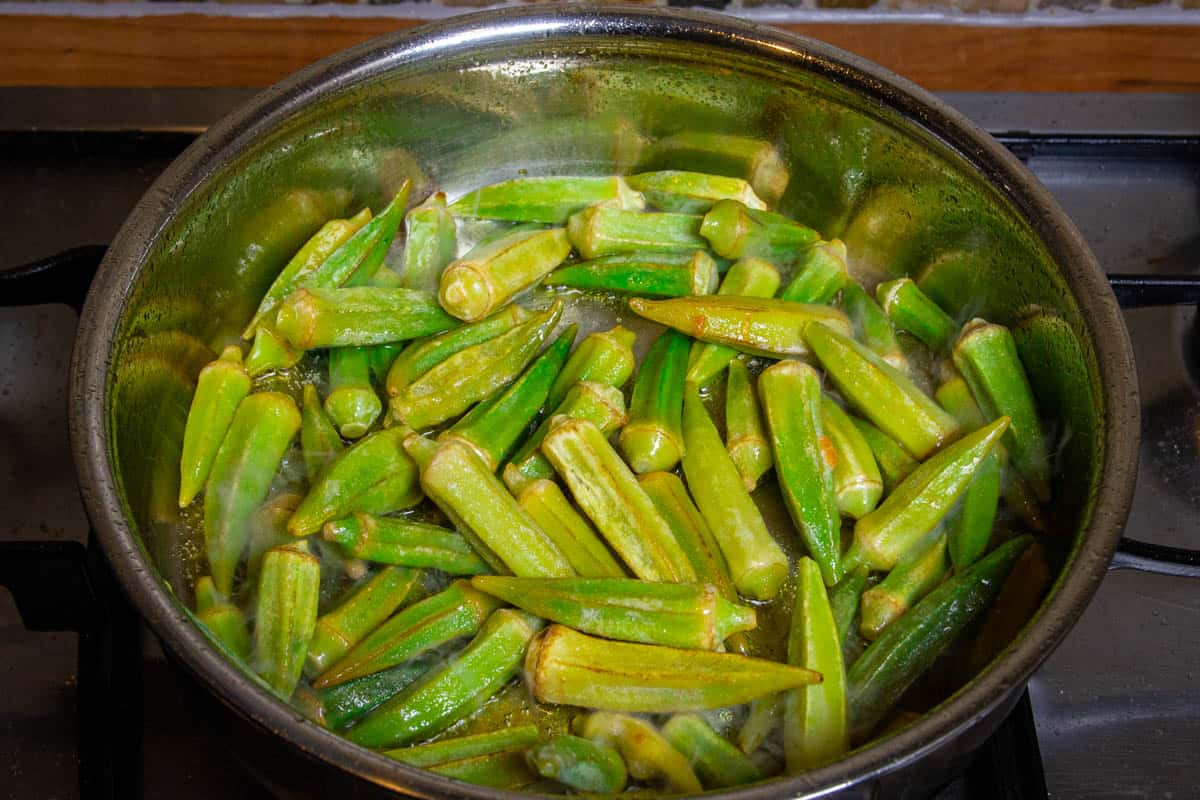Cooking dried egg noodles is simpler than you might think, transforming them into a versatile base for countless dishes. Whether you're aiming for a hearty stir-fry, a comforting soup, or a simple side, these noodles can elevate your meal with their rich, eggy flavor. The key lies in boiling them just right—too short, and they're chewy; too long, and they turn mushy. With a pot of water, a pinch of salt, and a watchful eye, you'll master the art of preparing dried egg noodles. Ready to learn? Let's dive into the steps to ensure perfectly cooked noodles every time.
Essential Ingredients for Perfect Dried Egg Noodles
- Dried egg noodles – 8 ounces
- Water – 4 quarts
- Salt – 1 tablespoon
- Olive oil – 1 teaspoon (optional)
Must-Have Tools for Crafting Dried Egg Noodles
- Large Pot
- Colander
- Stirring Spoon
- Measuring Cups
- Timer or Stopwatch
Cooking dried egg noodles requires boiling water first. Add noodles, stirring occasionally, for 8-10 minutes until tender. Drain well before adding to your favorite dishes for a delicious, hearty texture.
The Art of Cooking Dried Egg Noodles: Why It Matters
Cooking dried egg noodles properly is essential for achieving that perfect texture and flavor in dishes. These noodles, made from wheat flour and eggs, require a specific approach to ensure they're neither too firm nor too mushy. Understanding the right technique enhances their natural, rich taste, making them a versatile ingredient in various cuisines.
Boiling dried egg noodles in salted water for the right amount of time is key. This process not only cooks them thoroughly but also seasons them, adding an extra layer of flavor. It's a simple yet crucial step in preparing a delicious meal, highlighting the importance of precision in cooking.
Your Ultimate Guide to Cooking Dried Egg Noodles
Cooking Dried Egg Noodles: A Step-by-Step Guide
-
Boil Water: Start by filling a large pot with water. For every 100 grams of dried egg noodles, use about 1 liter of water. Bring water to a rolling boil over high heat.
-
Add Salt: Once water is boiling, add a generous pinch of salt. This enhances the flavor of the noodles.
-
Drop Noodles: Carefully add dried egg noodles to the boiling water. Stir gently to separate them and prevent sticking.
-
Stir Occasionally: Continue to boil noodles, stirring occasionally to ensure they cook evenly. This prevents them from clumping together.
-
Check Doneness: After about 4-5 minutes, check noodles for doneness. Perfectly cooked noodles should be tender but still firm to the bite, known as al dente.
-
Drain Noodles: Once noodles are cooked to your liking, immediately drain them in a colander. Shake off excess water to avoid soggy noodles.
-
Rinse (Optional): For a cooler dish or to stop cooking process, rinse noodles under cold running water. Skip this step if serving hot.
-
Serve: Serve noodles hot with your choice of sauce or ingredients. For cold dishes, ensure noodles are completely cooled before adding toppings.
-
Store Leftovers: If there are leftovers, toss noodles with a small amount of oil to prevent sticking. Store in an airtight container in the refrigerator for up to 3 days.
Tips for Perfect Egg Noodles Every Time
-
Avoid Overcrowding: Cook noodles in batches if necessary to prevent them from sticking together.
-
Use a Timer: Keep track of cooking time for consistent results.
-
Adjust for Preferences: Cooking time may vary based on desired texture. Taste test noodles towards the end of cooking and adjust as needed.
-
Incorporate in Dishes: Cooked egg noodles can be added to soups, stir-fries, or salads for a hearty addition.
-
Season Well: Don’t forget to season your cooking water with salt. It’s the only chance to flavor the noodles from the inside.
By following these steps and tips, you can master the art of cooking dried egg noodles, creating a versatile base for numerous delicious dishes.
Mastering Dried Egg Noodles
Cooking dried egg noodles is a breeze once you get the hang of it. Remember, start by boiling water and adding a pinch of salt for flavor. Toss those noodles in and keep an eye on them—overcooking is the enemy here. Stir occasionally to prevent sticking and taste test to hit that perfect al dente texture. Drain well but don't let them dry out; a bit of moisture makes all the difference. Whether you're tossing them in a stir-fry, soup, or serving them with a hearty sauce, these noodles are versatile. With practice, you'll find they can elevate any meal, adding a comforting, chewy texture that's hard to beat. So, give it a go, experiment with flavors, and soon, you'll be dishing out noodle meals like a pro.
Using the guide on how to cook dried egg noodles, readers can try a variety of delicious recipes. For a comforting meal, they can make Chicken Noodle Soup RecipeChicken Noodle Soup, which is perfect for chilly days. Those who enjoy Asian cuisine might want to try Beef Chow Mein RecipeBeef Chow Mein or Pad Thai with Egg Noodles RecipePad Thai with Egg Noodles for a flavorful dinner. Vegetarians will love the Vegetable Stir-Fry Noodles RecipeVegetable Stir-Fry Noodles, packed with fresh veggies and a savory sauce. Seafood lovers should not miss the Garlic Shrimp Noodles RecipeGarlic Shrimp Noodles or Lemon Butter Scallop Noodles RecipeLemon Butter Scallop Noodles for a touch of elegance. Each recipe allows the reader to master different techniques and flavors using dried egg noodles.
All Your Questions About Dried Egg Noodles Answered
What's the best way to cook dried egg noodles?
First off, you'll want to bring a large pot of water to a boil. Toss in a pinch of salt for flavor. Once boiling, add your dried egg noodles and stir occasionally to prevent sticking. Cook them according to the package instructions, usually for about 7-10 minutes, until they're al dente. That means they should be tender but still have a bit of a bite. Drain them in a colander, and voila, you've got perfectly cooked noodles ready for your favorite sauce or stir-fry.
Can I cook dried egg noodles in broth?
Absolutely, and you're onto something delicious there! Cooking them in chicken, beef, or vegetable broth instead of water adds an extra layer of flavor. Just replace the water with your broth of choice and follow the same steps. Remember, though, broths often contain salt, so you might want to skip or reduce the amount of added salt.
How do I keep dried egg noodles from sticking together?
The key here is to give them a good stir right after you add them to the boiling water. A splash of oil in the water can also help. Once they're cooked, a quick toss with a bit of oil or butter should keep them nice and separate until you're ready to serve or add them to your dish.
What's the difference between dried egg noodles and fresh?
Dried egg noodles are pre-cooked and then air-dried, which gives them a longer shelf life. They're a bit firmer and take longer to cook compared to fresh egg noodles, which are soft and can be cooked in just a couple of minutes. Both are great options, but dried noodles are more convenient for stocking up and using whenever you need them.
Can I use dried egg noodles for any recipe calling for noodles?
For the most part, yes. Dried egg noodles are incredibly versatile and can be used in a wide range of dishes, from soups and stews to stir-fries and casseroles. Just keep in mind the cooking time might need to be adjusted based on the recipe, especially if it's designed for fresh noodles.
How long do dried egg noodles last in the pantry?
When stored properly in a cool, dry place, dried egg noodles can last for quite a while. Unopened, they can be good for up to two years. Once opened, try to use them within three to six months for the best quality. Always check the package for the best-by date and any specific storage instructions.
Any tips for adding more flavor to dried egg noodles?
Sure thing! Cooking them in broth is one way, but you can also add herbs and spices to the cooking water. Garlic powder, onion powder, or Italian seasoning can add a nice touch. After draining, tossing them with a bit of garlic butter, fresh herbs, or your favorite cheese can also elevate your noodle game.
